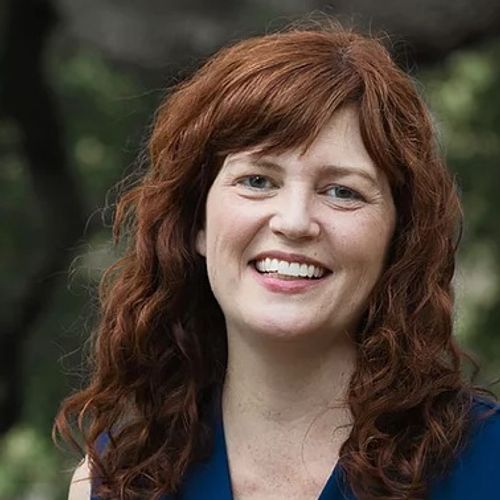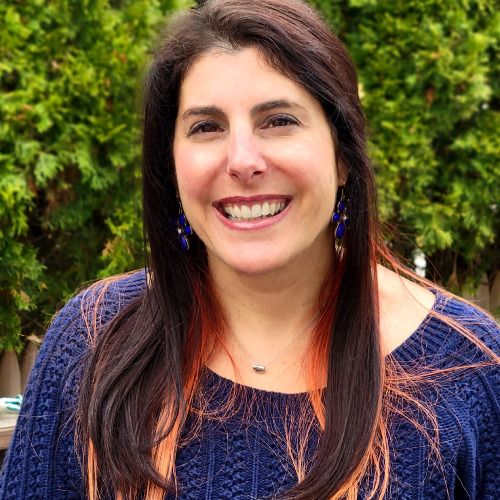Episode 72
Why Do I Take Care of My Partner When They Apologize To Me?
Can remorse be empowering? Spoilers for today’s question, which comes from a listener who finds themselves doing the comforting, when it’s their partner who was doing the apologizing. What’s up with that? Realizing that you’ve hurt someone can bring up feelings of shame and guilt, especially when it’s someone you love. But letting that shame take over can take the focus off doing the repair work you and your partner need after that hurt. We discuss where that shame comes from, and how the alternative – remorse – actually helps you get out of feeling social threat and lets you hold both you and your partner a little more tenderly.
Quotes:
"If you are out there in the world paying attention to how people feel about you, you are not weird. You are listening to the bed nucleus of your stria terminalis, which is a fancy word for the part of your brain that is paying attention to whether or not people like you enough to keep you around."
"Remorse is a gift to the other person, but...it's actually just as much a gift to you. Because doing that is so in line with your integrity, it actually buoys up your self-worth."
"When I move into remorse, I'm completely shifting the focus. I'm no longer inside of self-focus, I'm now moving into a space that's much more relationally focused."
Share your questions with us at whydoesmypartner.com/contact
If you want to dive in deeper, consider attending our upcoming workshops. Learn more at whydoesmypartner.com/events
This podcast is not a substitute for therapy with a licensed provider.




